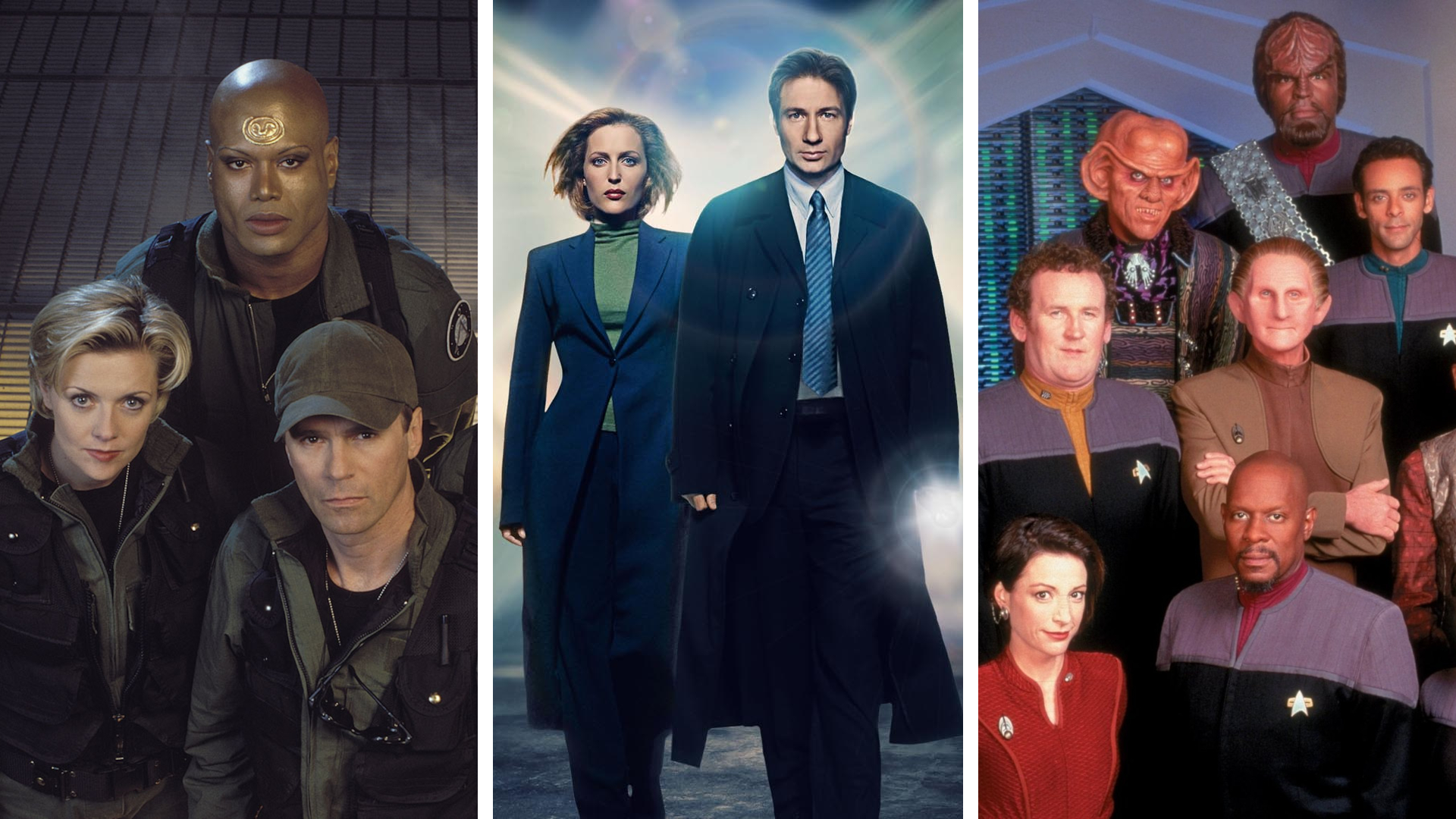NASA to Accelerate Plans for Shuttle's Replacement
NASA willaccelerate development efforts for a new manned spacecraft that will follow the retirementof the agency's shuttle fleet, a top spaceflight official told U.S. Senatesubcommittee today.
NASA'sthree remaining space shuttles are slated for retirement by 2010 following thecompletion of the International Space Station (ISS). A new spacecraft -the Crew Exploration Vehicle (CEV) - has been tapped as its replacement, but isnot expected to fly its first human-carrying mission until at least 2014.
"Eliminatingthat gap between [shuttle retirement] and a new vehicle, and making sure it hasthe ability to dock with the ISS, is imperative," said William Readdy, NASA's associate administrator for human spaceflight,during a hearing before the Senate's science and space subcommittee on thestate of ISS research. "We're going to accelerate the crew exploration vehicle."
Sen. KayHutchison (R-Texas), subcommittee chair, said that NASA must work to avoidbeing caught without the ability to launch its own human missions to the ISSand low-Earth orbit.
"I thinkthat we cannot allow that kind of hiatus right now," Hutchison said to a panel of NASA programmanagers, astronauts and scientists. "I think of it as a national securitythreat to our country and I intend to pursue everything I can to look at waysto shorten that time period."
Any lengthybreak between the shuttle's retirement and the first manned CEV flight willlikely force the U.S. space program to look toward its international partnersfor human spaceflight capability, NASA officials told the subcommittee. Spaceagencies in both Europe and Japan are currently developing their own spacecraftto deliver cargo the ISS, they added.
"We wouldcertainly be dependent on someone else," said Howard Ross, NASA's deputy chiefscientist, during the subcommittee hearing.
Breaking space news, the latest updates on rocket launches, skywatching events and more!
NASA has alreadydepended heavily on Russian Soyuz spacecraft to launch U.S. astronauts to theISS, as well as Russia's unmanned Progress vehicles to resupplyspace station crews. In December 2004, food supplies dwindled aboard the ISS,forcing the two members of the Expedition 10 crew to modify their diet untilthe Dec. 24 delivery of a fresh Progress cargo ship.
ThatRussian dependency was spurred by the grounding of NASA's shuttle fleetfollowing the Columbia disaster in 2003. The space agency is preparing tolaunch its first shuttle flight since then later this year.
"That, ofcourse, is our dual concern," subcommittee ranking member Sen. Bill Nelson (D-Florida) told Readdy and other panel members of NASA's internationalreliance. "In the geopolitics of today, that's no problem, but what are the geopolitics going to be like in 2012? The two of usfeel we need to accelerate the CEV."
Hutchisonalso pressed NASA officials and researchers to revisit the long-term scientificgoals of the ISS - including the potential of designating it as a NationalLaboratory - to look beyond its current role to support NASA's space vision ofrenewed human exploration of the moon and Mars.
"I think that it is important that we not just say this is atool for moon and Mars-related research," Hutchison said. "I think thisfacility is capable of doing so much more for the nation and for the world."

Tariq is the award-winning Editor-in-Chief of Space.com and joined the team in 2001. He covers human spaceflight, as well as skywatching and entertainment. He became Space.com's Editor-in-Chief in 2019. Before joining Space.com, Tariq was a staff reporter for The Los Angeles Times covering education and city beats in La Habra, Fullerton and Huntington Beach. He's a recipient of the 2022 Harry Kolcum Award for excellence in space reporting and the 2025 Space Pioneer Award from the National Space Society. He is an Eagle Scout and Space Camp alum with journalism degrees from the USC and NYU. You can find Tariq at Space.com and as the co-host to the This Week In Space podcast on the TWiT network. To see his latest project, you can follow Tariq on Twitter @tariqjmalik.
